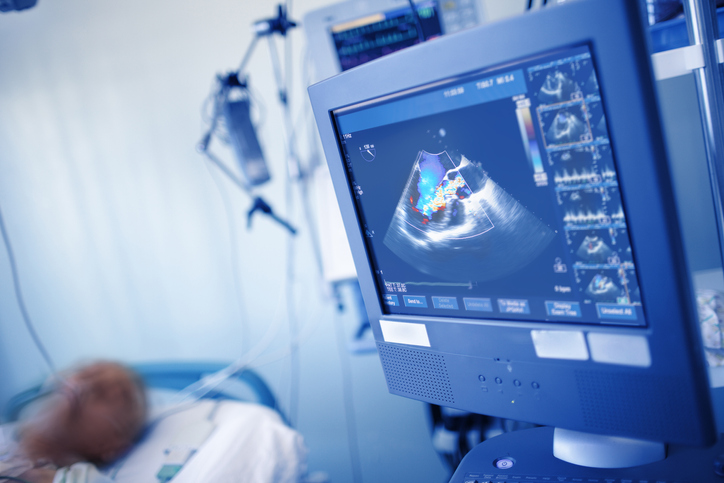Ultrasound scans of the heart, or echocardiograms, are essential imaging tests that help our experienced consultant cardiologists understand what’s going on inside your heart and the surrounding blood vessels.
They are used in the analysis of the function and structure of your heart and are critical in the diagnosis of certain heart conditions, including cardiomyopathy.
You may need to have a heart ultrasound if you are experiencing symptoms that suggest you may have a problem with your heart, have already been diagnosed with a heart condition or to check your heart health before or after surgery.
You might feel nervous about having a heart ultrasound scan for the first time if you don’t know what to expect. Let’s put your mind at ease by taking a look at what happens during the test, the different kinds of echocardiograms and why you may need one.






